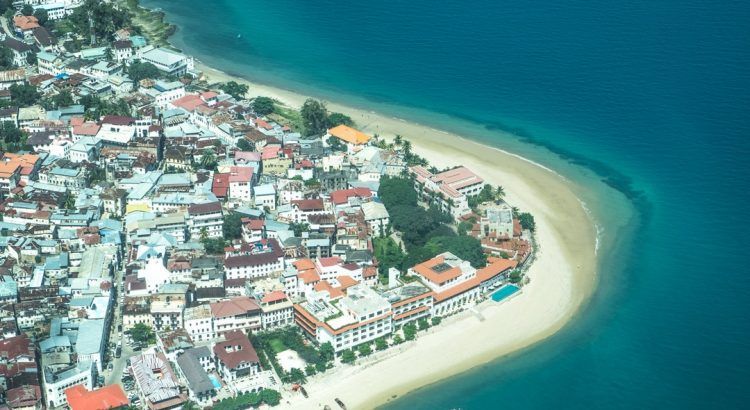Travelling to a foreign country can sometimes be daunting, especially if it is your first trip. Travel guides are always very helpful but can sometimes miss the important little tips that will help to smooth your trip to the country of your choice. Here are some useful tips for travellers to the UK.
Currency and banking
UK currency is Pounds Sterling (?). 100 pence = 1 pound. The notes that are in circulation are ?5, ?10, ?20 and ?50 (although the latter are not often encountered). The coins are 1p, 2p (copper coins 5p, 10p, 20p, 50p (silver coloured coins ?1 (gold coloured coin) and ?2 (gold/silver coloured coin). The coins and notes all bear the Queen”s head on the front. The notes have a famous person from history on the back. Scottish banks issue their own notes, these are usually accepted in the rest of the UK but smaller shops may refuse them – best to use them up whilst you are still north of the border but don”t worry if you have some left when you get into England.
The slang term in common usage for a pound sterling is “Quid”.The ?5 note is often called a “fiver” and the ?10 note is a “tenner”. Banks are open weekdays, usually from 9.30 to 4.30. More and more banks are now opening on Saturday mornings, especially in the larger towns and cities. Most banks have cash dispensers situated outside, be vigilant when using these as criminals sometimes tamper with these to get hold of your card details, it is better to use the ones inside. If the machine looks as if the card slot has been damaged, be a little wary. The Euro is not in common use but some of the larger stores will accept them.
Driving
You probably do not need telling that in the UK, you drive on the left. If you are hiring a car, getting one with automatic transmission can be helpful if you are not used to driving right hand drive vehicles. UK cities suffer from the same problems as all major cities – too much traffic. Generally speaking, Public transport in cities is good, so you can avoid the problems of finding parking, which is difficult in all city centres. Check the parking regulations wherever you park on urban roads, there will usually be a plaque fixed to a post or lamp post telling you how long you can stay. Where you see yellow lines on the kerbs or at the edges of the road, especially the dreaded “double yellows”, go somewhere else, although the restrictions they indicate are sometimes lifted in the evenings (check nearby lamp posts for information). City centre car parks charge high prices for the privelidge of using them. London now charges motorists to take their cars into the centre. Beware of driving in bus lanes in cities, most just operate at peak traffic times, indicated on signs that are easily visible at the side of the road. The rural public transport system is generally poor, infrequent buses, trains that do not run on time and go by inconvenient routes. Hiring a car makes getting around much easier outside of cities.
The “school run” occurs between 8 and 9 am and again during the mid afternoon, when parents up and down the country dust off their big 4×4 vehicles and clog up the roads near schools as they pick up their offspring.
Speed limits in urban areas are generally 30 mph, with faster speed limits signposted on urban clearways. If there are no signs and the road has lamp posts, the speed limit is 30 mph. In urban areas near schools, the limit is usually dropped to 20 mph when pupils are arriving or departing, but there will be signs telling you of this. Outside of built up areas, the speed limit is 60 mph on single carriageway roads and 70 on dual carriageways and motorways, unless specified as being different. Speed cameras are installed on many roads to catch drivers who do not keep to the limit.
Travel tips for visitors to the UK
Previous Article5 Ways to Choose Your Hotel
Next Article Las Vegas Hotels are fun!
Travel Advisor
“Travel” is a verb that means “to go to a place and especially one that is far away.” Far can mean long distances within the same country or to other countries. Trip The word “trip” is a noun that means “the act of going to another place and returning.” Journey The word “journey” is a noun that means “the act of going from one place to another.”
Related Posts
Getting around on your Kauai Vacation
Airport
5 Mins Read
Finding Cheap Hotel Rates
Hotels
2 Mins Read
The Trans Siberian Railway
Adventure Travel
4 Mins Read
Look for the bargins to do with cheap travel
Hotels
2 Mins Read

